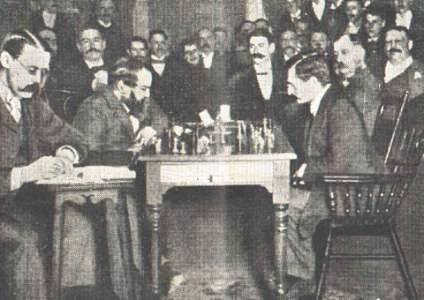Technology wrecks some business models and builds some others. One category that has experienced a surprising boom: chess. From Kenneth Rogoff at Project Syndicate:
“A peculiar but perhaps instructive example comes from the world of professional chess. Back in the 1970’s and 1980’s, many feared that players would become obsolete if and when computers could play chess better than humans. Finally, in 1997, the IBM computer Deep Blue defeated world chess champion Gary Kasparov in a short match. Soon, potential chess sponsors began to balk at paying millions of dollars to host championship matches between humans. Isn’t the computer world champion, they asked?
Today, the top few players still earn a very good living, but less than at the peak. Meanwhile, in real (inflation-adjusted) terms, second-tier players earn much less money from tournaments and exhibitions than they did in the 1970’s.
Nevertheless, a curious thing has happened: far more people make a living as professional chess players today than ever before. Thanks partly to the availability of computer programs and online matches, there has been a mini-boom in chess interest among young people in many countries.
Many parents see chess as an attractive alternative to mindless video games. A few countries, such as Armenia and Moldova, have actually legislated the teaching of chess in schools. As a result, thousands of players nowadays earn surprisingly good incomes teaching chess to children, whereas in the days before Deep Blue, only a few hundred players could truly make a living as professionals.”
Tags: Kenneth Rogoff

